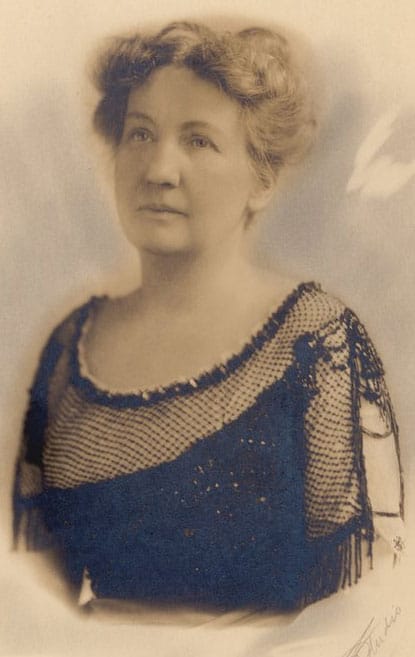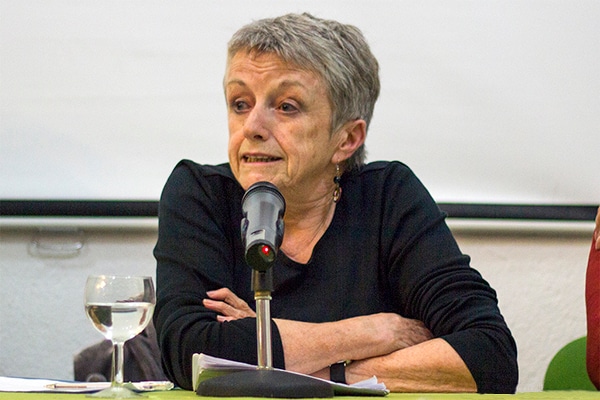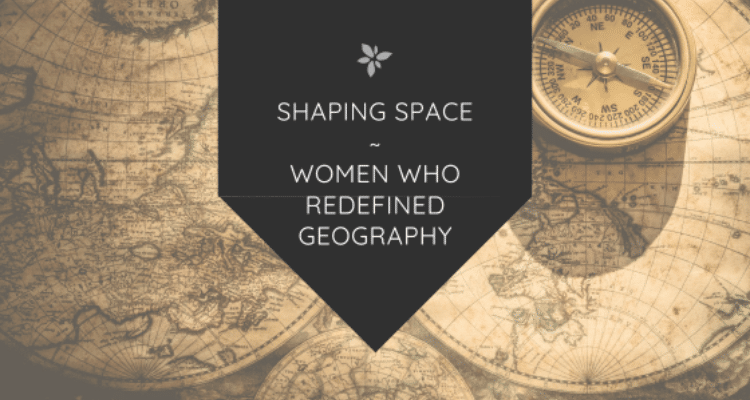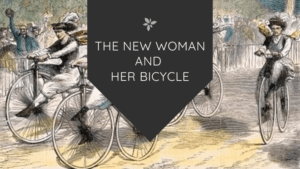Geography has long been shaped by the contributions of pioneering women who have overcome barriers and reshaped the field through groundbreaking research and scholarship. These women have played key roles in mapping uncharted territories, redefining spatial theory, and influencing environmental and social policies. Their work has not only expanded our understanding of the world but has also paved the way for future generations of geographers. This article highlights some of the most influential women in geography and their lasting impact on the discipline.
1. Marie Tharp: Mapping the Ocean Floor and Transforming Geology

Marie Tharp’s contributions to geology and cartography revolutionized our understanding of the ocean floor. In the mid-20th century, oceanography was still in its infancy, and women faced significant barriers in the sciences. Tharp, working alongside oceanographer Bruce Heezen, played a crucial role in translating sonar data into detailed maps of the Atlantic seafloor. Her work led to the discovery of the Mid-Atlantic Ridge and provided critical evidence supporting the theory of plate tectonics.
Tharp was often overlooked due to gender biases, working primarily behind the scenes while Heezen collected sonar data at sea. She meticulously plotted thousands of depth measurements by hand, creating a visual representation of the seafloor that revealed a vast network of ridges and valleys. At first, Heezen dismissed her findings, assuming errors in her work, but later came to recognize the significance of her discovery. Her maps, particularly the final world ocean floor map published after Heezen’s death in 1977, transformed oceanography and provided a foundation for modern geological science.
Despite being barred from fieldwork for much of her career, Tharp’s contributions were eventually recognized. She was named one of the Library of Congress’s four greatest cartographers of the 20th century in 1997. In reflecting on her career, she stated, “I worked in the background for most of my career as a scientist, but I have absolutely no resentments. I thought I was lucky to have a job that was so interesting.” Her maps not only advanced scientific knowledge but also brought the once-dismissed theory of continental drift into serious consideration.
2. Ellen Churchill Semple: Breaking Barriers in Academic Geography

Ellen Churchill Semple was one of the earliest female geographers to achieve professional recognition. She became the first woman appointed to faculty rank at Clark University and served as president of the American Association of Geographers. Despite being denied a doctorate in Europe due to her gender, Semple’s work in environmental determinism shaped early geographic thought. Her influential writings helped establish geography as a rigorous academic discipline in the United States.
Semple argued that geography and environment play crucial roles in shaping human cultures. Her book Influences of Geographic Environment (1911) became a foundational text in human geography. While some aspects of her theories have since been challenged, her contributions to feminist geography and her role in legitimizing geography as an academic field remain undeniable.
3. Doreen Massey: Rethinking Space, Place, and Power

Doreen Massey was a radical geographer who challenged conventional notions of space, place, and power. Through her politically engaged scholarship, she redefined how geographers think about spatial relations and globalization. Massey’s work integrated Marxist theory with feminist perspectives, addressing how spatial inequalities reinforce social and economic injustices.
Her 1984 book Spatial Divisions of Labour combined an analysis of capitalism with an emphasis on regional cultures. She later introduced the concept of “geometries of power,” demonstrating how globalization does not erase place-based identities but instead reshapes them in new ways. In A Global Sense of Place (1991), she argued that places are not static or isolated but are shaped by dynamic interactions at multiple scales.
Massey was also an activist, engaging in political movements such as Occupy London. She believed geography could be a tool for social change, stating, “The most fundamental political question is: how are we going to live together?” Her influence extended beyond academia, shaping discourse on economic development, urban planning, and environmental justice.
4. Susan Hanson: Advancing Gender and Transportation Geography
Susan Hanson has played a critical role in advancing the study of gender and transportation in geography. Her research has highlighted the connections between urban mobility, labor markets, and gender equity. Hanson’s work has shown how transportation policies impact women’s economic opportunities and everyday lives.
As a distinguished university professor at Clark University, Hanson has focused on sustainability, local labor markets, and gender disparities in urban environments. She has also served as chair of the National Research Council’s Transportation Research Board. Her interdisciplinary approach has helped bridge geography with social policy, influencing both academic research and practical urban planning initiatives.
Conclusion
Women in geography have made groundbreaking contributions, often overcoming significant barriers to do so. From Marie Tharp’s revolutionary ocean floor maps to Doreen Massey’s critical perspectives on power and space, these scholars have reshaped our understanding of the world. Their work continues to influence how geography is taught, researched, and applied in real-world problem-solving. Recognizing their achievements is essential in ensuring that future generations of geographers build upon their legacies, creating an even more inclusive and impactful field.
Encouraging Future Geographers
If you found inspiration in the stories of these remarkable women, consider going to school for a geography degree. This diverse field offers opportunities to explore the relationships between people, places, and the environment. Whether you are interested in mapping uncharted territories, analyzing urban development, or understanding climate change, geography provides a framework to address pressing global issues. By pursuing a career in geography, you can contribute to shaping a more sustainable and equitable world.
Keri is a blogger and digital marketing professional who founded Amazing Women In History in 2011.






Leave a Reply